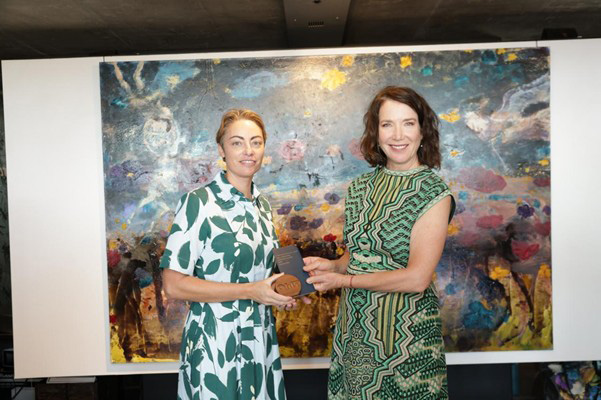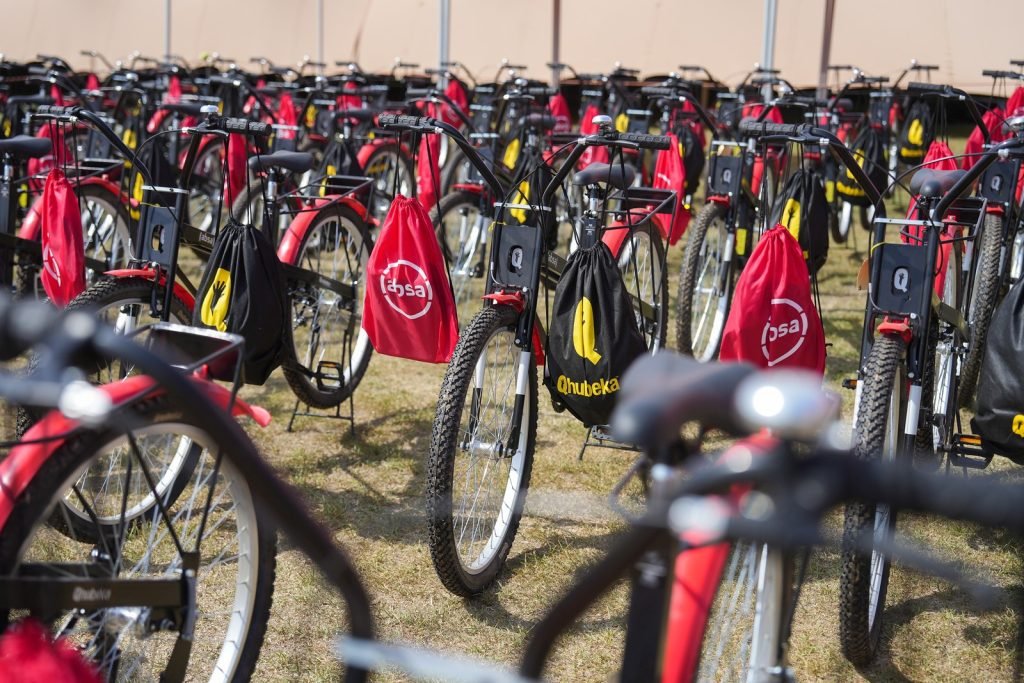
Dr. Altieri writes “Imagine for a moment standing on a sun-soaked beach, the surf crashing against the shore, and inhaling the salty, moist sea air. It’s invigorating.
But is it really? Hundreds of years ago, perhaps, but what about now? How do the ocean and the air interact in the presence of human-created air pollution, specifically nitrogen, and how does this relationship impact climate change?
The simple truth is, we don’t know – and I want to find out.
Our oceans are as important to life on Earth as the air we breathe. An enormous carbon sink, they help to remove the greenhouse gas carbon dioxide (CO2) from the atmosphere, which is of course a good thing.
As a matter of fact, nitrogen helps the oceans to remove CO2 from the atmosphere. The problem is, too much of it can spur the production and release of nitrous oxide (N2O), another greenhouse gas that is 300 times as potent as CO2. That is clearly not a good thing.
As with everything in nature, things work when there’s a balance; invariably, however, we humans throw out that equilibrium through our activities. That’s why we’re struggling so much with the issue of climate change, so much of which has to do with the pollution of our atmosphere.
I intend to help change that, however, by forging new ways of scientific thinking about both our atmosphere and our oceans, helping us to build knowledge in ways we haven’t before. As the recipient of the Oppenheimer Memorial Trust’s 2025 New Frontiers Research Award, my mission is to come up with the evidence that supports (or doesn’t support) various air quality, climate and scientific arguments.
In many ways, South Africa – Cape Town in particular – is the ideal place to do this research. As one of the world’s largest coal-burning countries, the country contributes significantly to atmospheric nitrogen emissions.
Imagine once more that beach, the glare off the sand and the mewing gulls, and the scent of the sea air. It’s at an intersection that could provide us with some of the most fundamental learning ever of how our planet works – and, for better or worse, how we influence it.
The post The answer to the impact of air pollution lies in … the deep blue sea appeared first on The Home Of Great South African News.
Biokineticist Brandon Gill was forced to overcome some of the darkest moments of his life when he ran 27 consecutive hours for charity on his 27th birthday this past weekend.
The post The answer to the impact of air pollution lies in … the deep blue sea appeared first on The Home Of Great South African News. Read More



